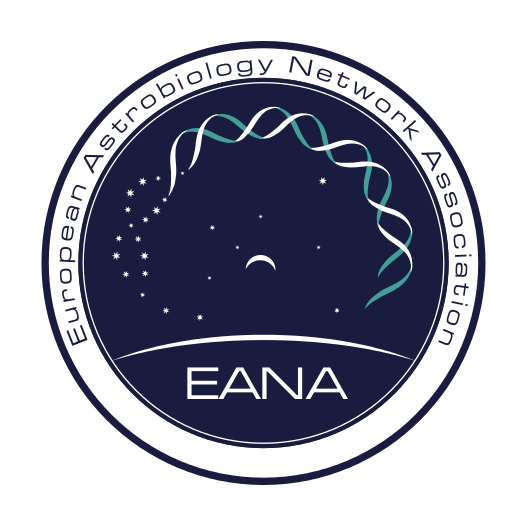Upcoming Astrobiology Conferences
To add a conference, workshop or training school, please log-in as EANA member and submit information there, or send an e-mail to eana-web (at) eana-net.eu.
- Rocky Worlds 4
2026-01-19 to 2026-01-23, Groningen, Netherlands
Applying the detailed empirical understanding gleaned from the terrestrial planets of our own Solar System is crucial in our interpretation of exoplanetary systems. With the ongoing and upcoming surveys to search for small planets around nearby stars, we can anticipate huge growth in the number and information on detected rocky exoplanets in the coming decades. As the characterisation of these new planetary systems proceeds it will in turn improve understanding of our own Solar System, and in particular of how potentially habitable Earth-like planets form, evolve, and are distributed throughout the galaxy. The Rocky Worlds Meeting Series brings together planetary scientists, astronomers, and earth scientists to foster discussion and build the collaborations that will pave the way for the next frontiers of rocky exoplanet discovery and characterisation. - Submit Astrobiology Sessions for EGU2026
2026-05-03 to 2026-05-08, Vienna, Austria
Submission for Astrobiology related sessions at EGU 2026 is now possible. Proposals form early-career scientists are welcomed.
The EGU General Assembly 2026 will take place on-site in Vienna at the Austria Center Vienna (ACV) and online, from 3 to 8 May 2026.
In addition to scientific sessions, you are also encouraged to propose:
• Short Courses (SCs)
• Union Symposia (US)
• Great Debates (GDB)
Before submitting your proposal, please:
Confirm that all conveners agree to take part in the proposed session. A reminder: Convening teams should strive for diversity in terms of gender, career stage, nationality, and scientific approach. EGU is committed to fostering an inclusive environment, and diverse convener teams help ensure broader perspectives and participation across our community.
- Origins 2026 (IAU Symposium 407)
2026-07-05 to 2026-07-10, Paris, France
This event will bring together experts from diverse fields—including chemistry, biology, planetary science, and astrophysics—to explore the origins of life and habitability on Earth and beyond. Hosted at the prestigious Muséum National d´Histoire Naturelle and Sorbonne University, the conference will highlight interdisciplinary research on the transition from non-living to living systems, focusing on early Earth environments, evolutionary processes, and the search for biosignatures in the universe.
The program will feature the latest discoveries in prebiotic chemistry, the evolution of early life, and habitability across the Solar System and exoplanets, as well as philosophical and historical perspectives. Special emphasis will be placed on the contributions of early-career researchers. This landmark event aims to strengthen international collaborations and advance our understanding of life’s emergence.
Registration and abstract submission will open in October 2025, but you can already sign-up to receive up-to-date information (use the Link in the title).

